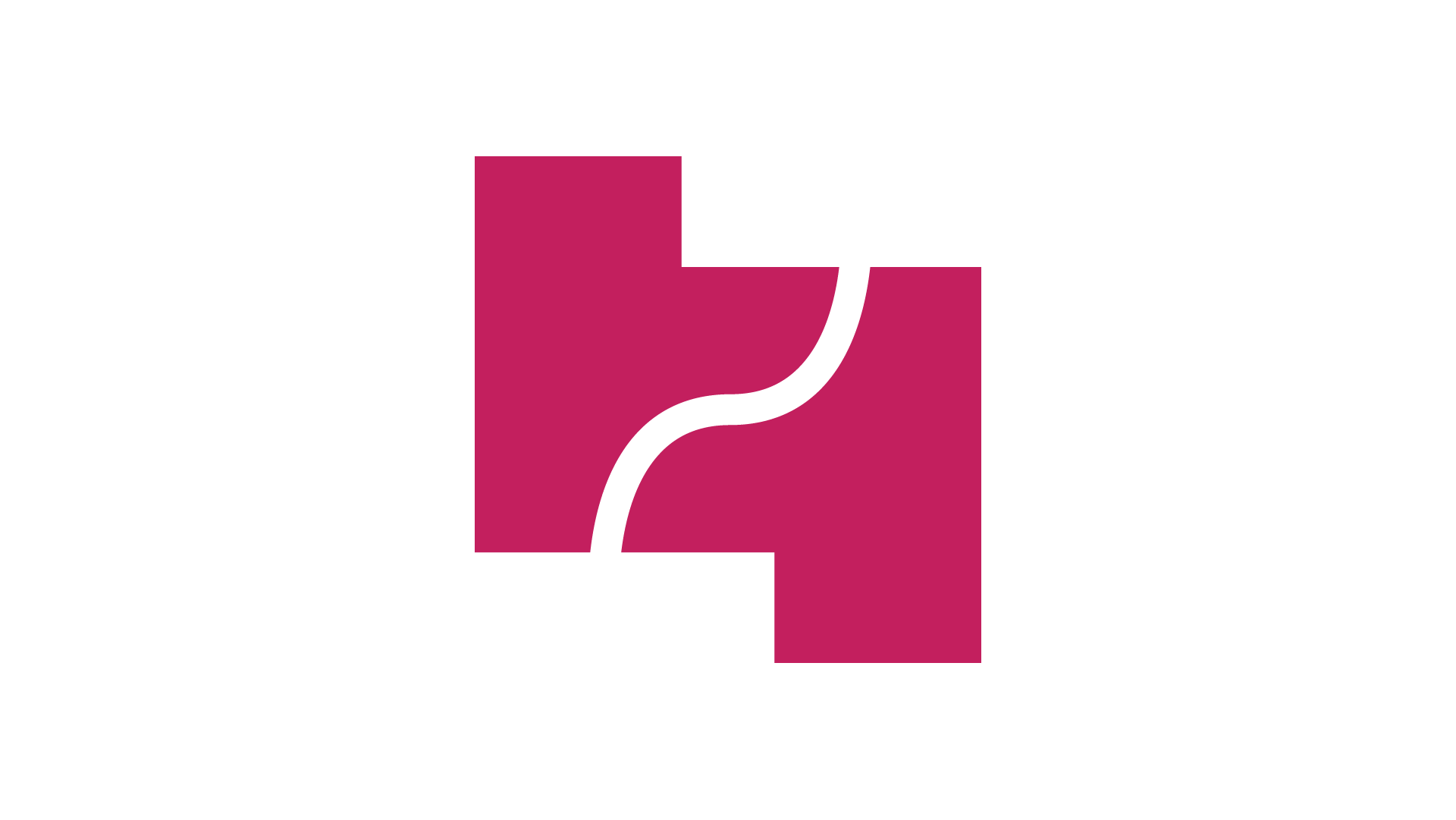Rezonator
The Rezonator is a research project led by Professor John W. Du Bois from the linguistics department at UCSB. The goal of the project is to improve human computer engagement by utilizing reliable resonance. Resonance is defined as “the catalytic activation of affinities across utterances”.
Our team developed a gaming software that allowed users to play and interact with dialogue, making connections between words and phrases that resonate with each other when analyzed linguistically. Examples of connections include shared syntax, or semantics. Resonance, however, is a very far-stretching theory that includes many different forms of viable connections.
Our software collected data from users to create a 'crowd-sourced' database of reliable language information that could be used to train language-based processing software products such has voice-command, search engines, and artificial intelligence.
Below are some images taken from the Beta version of the game:
While the game is still being developed and improved, our team began by gathering data through the creation of ‘diagraphs' based on real conversations taken from the Santa Barbara Corpus of Spoken American English. A 'diagraph' is a higher-order, supra-sentential syntactic structure which emerges from the mapping of resonance relations between counterpart structures in parallel utterances. This process gave us valuable information on the interlocutors’ cognition, affect, and interactions.
Below are some basic examples of diagraphs:
New Venture Competition 2018
In 2018, I assembled a team to compete in the Technology Management Program's annual New Venture Competition for the second time. Our plan was to create a business and marketing plan around the Rezonator software. Our start-up company would then gather language data from the Rezonator gameplay and supply tech companies with training data for machine learning algorithms to improve their artificial intelligence products.
Currently many large tech firms are purchasing their data from companies like DefinedCrowd, Alegion, Scale, CloudFactory, or Mighty AI. Many of these companies depend on and pay huge workforces of employees who must label massive collections of unsorted data so computers can perform more complex tasks. Specifically, in the natural language processing industry, workers must record or transcribe millions of speech samples, among other tasks.
Our product would simplify and streamline this process through gameplay. Rezonator would not have to rely on or pay thousands of freelance employees, we would depend on our users for data. While these users would simply be enjoying a fun and free game in which they can earn points, prizes and compete with friends, they would also be taking part in helping language processing software get smarter. They would have a personal role in improving products they use every day like Siri, Alexa, or Google Assistant, to name a few.
The Team:
Andrew Shults, Linguistics - Speech and Language Tech
Mikaela Guerrero, Linguistics - Speech and Language Tech
Robert Boullon, Data Science
Kellen O'Connell, Economics & Accounting
Aidan Dansey, Global Studies






